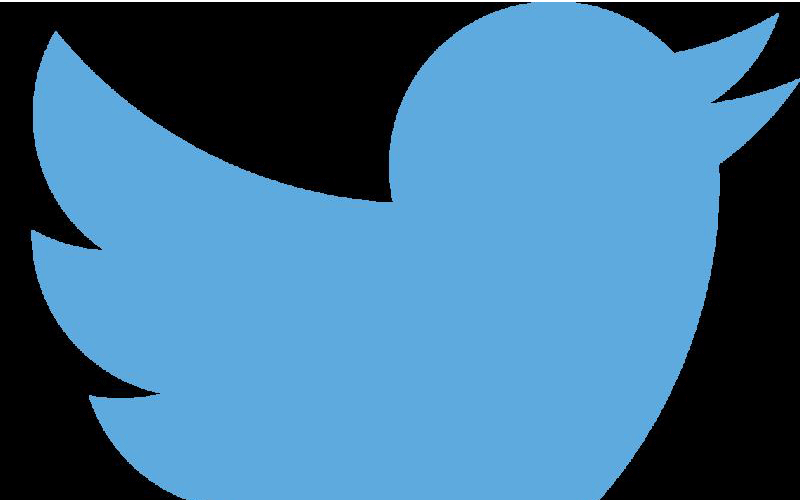×
The Standard e-Paper
Stay Informed, Even Offline

Events in recent days have again focused attention on President Uhuru Kenyatta’s decision to deactivate his social media accounts and withdraw from the social media space.